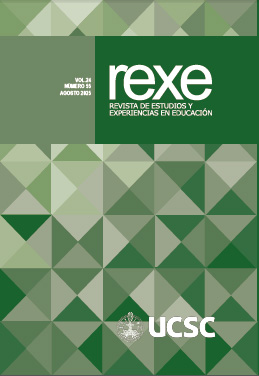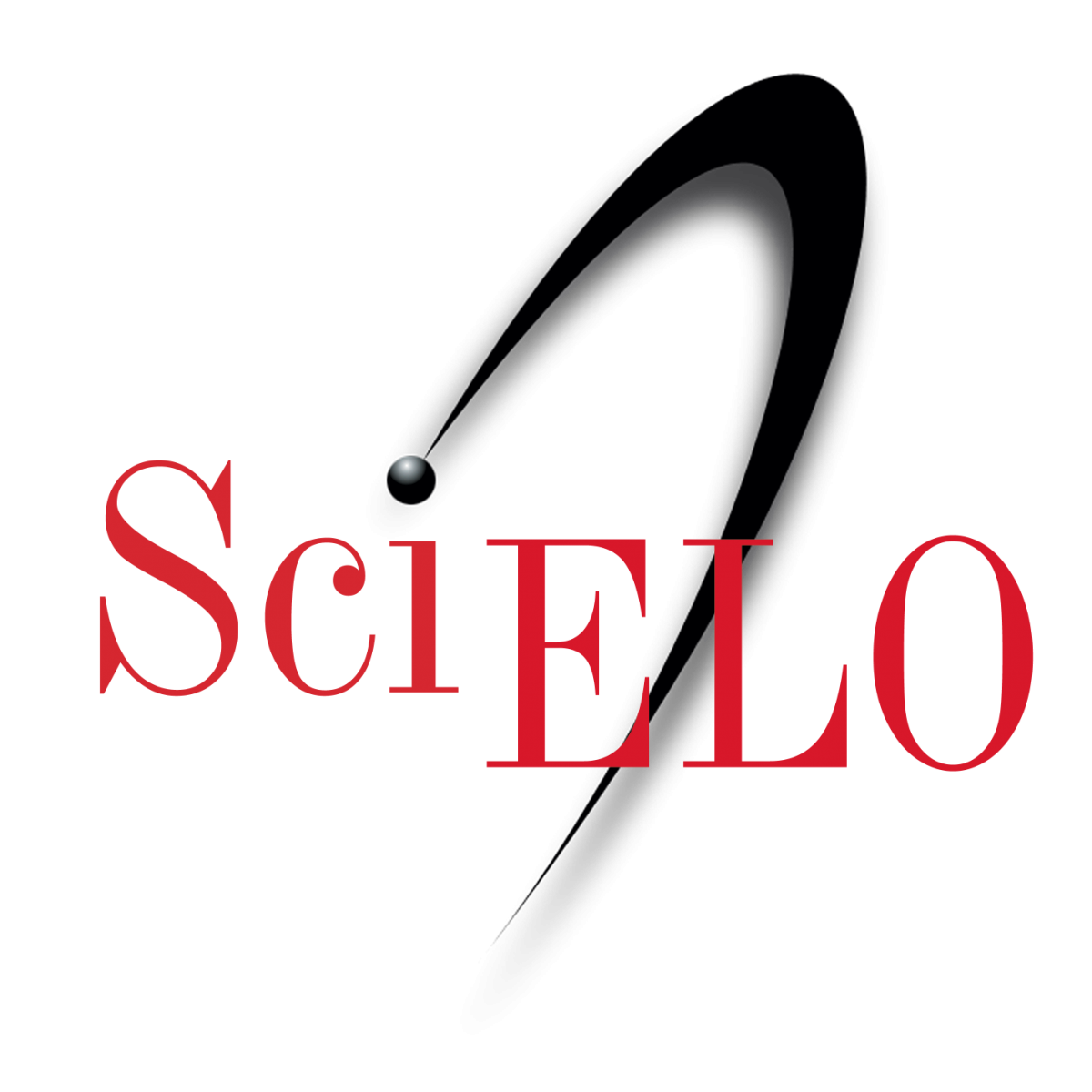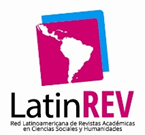Initiation to science in early Childhood Education: air and wind in a sequence of investigative activities
DOI:
https://doi.org/10.21703/rexe.v24i55.3057Keywords:
Early childhood education, Science initiation, Investigative activities, Scientific literacyAbstract
This article analyzes a sequence of applications about air and wind, carried out in a Public Early Childhood Education Institution, with children from the 2nd period, aged between 4 and 6. The applications are part of a research project on science initiation for young children at a public federal university in Maceió-Al, Brazil. The study highlights the importance of bringing phenomena from nature into children's reality, guiding scientific literacy from an early age. The aim of this study is to analyze a sequence of investigative activities in early childhood education with a view to scientific initiation. It is characterized as a qualitative research approach and adopted application research as its procedure, characterized as an active research approach. Multiple instruments were used to collect the data, including photographs, filming, notes in field notebooks, as well as free drawings and paintings produced by the children. The data was analyzed from the perspective of content analysis. Regarding investigative activities, the aim was to integrate this perspective through experimentation and discussions with the children. Scientific literacy indicators were used as a resource to analyze the children's statements. The results pointed to the possibility of developing an introduction to science for children in early childhood education, helping to train citizens who are aware of the natural phenomena that surround them.
Downloads
References
Bardin, L. (2016). Análise de conteúdo. São Paulo: Atlas.
Brasil. (2010). Ministério da Educação. Secretaria de Educação Básica. Diretrizes curriculares nacionais para a educação infantil. (DCNEI). Secretaria de Educação Básica. Brasília, DF: MEC/SEB.
Brasil. (2011). Ministério da Saúde. Portaria nº 1.600, de 7 de julho de 2011. Reformula aPolítica Nacional de Atenção às Urgências e institui a Rede de Atenção às Urgências no Sistema Único de Saúde (SUS).
Brasil. (2017). Base Nacional Comum Curricular. Secretaria de Educação Básica. Brasília, DF: MEC/SEB.
Caroca-Guzmán, J., e Yancovic-Allen, M. (2024). Uso de las competencias investigativas en docentes en ejercicio de Lenguaje en Educación Básica. REXE-Revista de estudios y experiencias en educación, 23(51), 51-67. https://doi.org/10.21703/rexe.v23i51.2189 DOI: https://doi.org/10.21703/rexe.v23i51.2189
Carvalho, A. M. P. (2013). O ensino de ciências e a proposição de sequências de ensino investigativas. Em: A. M. P., Carvalho (Ed.), Ensino de ciências por investigação: condições para implementação em sala de aula. (pp. 1-20). Cengage Learning.
Chassot, A. (2003). Alfabetização científica: uma possibilidade para a inclusão social. Revista brasileira de educação, 89-100. https://doi.org/10.1590/S1413-24782003000100009 DOI: https://doi.org/10.1590/S1413-24782003000100009
Costa, B. L. dos S., Silva, T. de A., e Fireman, E. C. (2024). A ciência em “História das Invenções”: a presença da alfabetização científica na literatura infantil. Revista Ensino Em Debate, 2, e2023008. https://doi.org/10.21439/2965-6753.v2.e2023008 DOI: https://doi.org/10.21439/2965-6753.v2.e2023008
Lorenzetti, L., e Delizoicov, D. (2001). Alfabetização científica no contexto das séries iniciais. Ensaio, 3(1), 45-61. https://doi.org/10.1590/1983-21172001030104 DOI: https://doi.org/10.1590/1983-21172001030104
Machado, A. L. (2016). Brincando com os 4 elementos da natureza. 1. ed. nov. https://www.educandotudomuda.com.br/wp-content/uploads/2020/11/EBOOK-BRINCANDO-COM-OS-QUATRO-ELEMENTOS-DA-NATUREZA.pdf
Marques, A. C. T. L., e Marandino, M. (2017). Alfabetização científica, criança e espaços de educação não formal: diálogos possíveis. Educação e Pesquisa, 44. https://doi.org/10.1590/S1678-4634201712170831 DOI: https://doi.org/10.1590/s1678-4634201712170831
Oliveira, C. T. (2024). Ensino de Ciências na Educação Infantil: pressupostos para o desenvolvimento da alfabetização científica na escola. Revista Linhas, 25(57), 39–62. https://doi.org/10.5965/1984723825572024039 DOI: https://doi.org/10.5965/1984723825572024039
Oliveira, R. S. D., e Fireman, E. C. (2021). Alfabetização científica e a Base Nacional Comum Curricular nos anos iniciais do ensino fundamental. Em: T. H. Lira, e E. C. Fireman. Ensino de Ciências para os Anos Iniciais: Teorias e Práticas. (pp. 15-30). Olyver. http://www.editoraolyver.org
Pizarro, M. V. (2014). Alfabetização científica nos anos iniciais: necessidades formativas e aprendizagens profissionais da docência no contexto dos sistemas de avaliação em larga escala. (Tese de Doutorado em Educação para a Ciência). Universidade Estadual Paulista Júlio de Mesquita Filho. http://hdl.handle.net/11449/110898
Plomp, T., Nieveen, N., Nonato, E., e Matta, A. (2018). Pesquisa-aplicação em educação: uma introdução. (1ª ed.). Artesanato Educacional.
Salazar, M. B., e González, M. P. (2024). Análisis de prácticas pedagógicas, con foco en la calidad de las interacciones en aulas de infantil. REXE- Revista de estudios y experiencias en educación, 23(53), 227-244. https://doi.org/10.21703/rexe.v23i53.2672 DOI: https://doi.org/10.21703/rexe.v23i53.2672
Santos, L. C., e Ferro, M. B. (2021). Formação e atuação docente na educação infantil. Revista Humanidades e Inovação, 8(34), 1-12. https://revista.unitins.br/index.php/humanidadeseinovacao/article/view/4974
Sasseron, L. H. (2013). Interações discursivas e investigação em sala de aula: o papel do professor. Em: A. M. P., Carvalho (ed.), Ensino de ciências por investigação: condições para implementação em sala de aula. (pp. 41-62). Cengage Learning.
Sasseron, L. H., e Machado, V. F. (2017). Alfabetização Científica na prática: inovando a forma de ensinar Física. São Paulo: Livraria da Física.
Scalfi, G., e Marandino, M. (2021). A experiência de crianças em visita familiar a museus de ciências: implicações de pesquisa no processo de Alfabetização Científica. Em: T. Milaré, G. P. Richetti, L. Lorenzetti, e J. P. A. Filho. Alfabetização científica e tecnológica na Educação em Ciências: fundamentos e práticas. (pp. 147-164). Livraria da Física.
Silva, T. A., Souza, S. P., e Fireman, E. C. (2019). Ensino de ciências por investigação: contribuições da leitura para a alfabetização científica nos anos iniciais. Actio: Docência em Ciências, 4(3), 346-366. http://dx.doi.org/10.3895/actio.v4n3.10526 DOI: https://doi.org/10.3895/actio.v4n3.10526
Viecheneski, J. P., Lorenzetti, L., e Carletto, M. R. (2012). Desafios e práticas para o ensino de ciências e alfabetização científica nos anos iniciais do ensino fundamental. Atos de pesquisa em educação, 7(3), 853-876. https://doi.org/10.7867/1809-0354.2012v7n3p853-876
Zanella, L. C. H. (2013). Metodologia de Pesquisa. (2ª ed.). Departamento de Ciências da Administração/UFSC.
Downloads
Published
Issue
Section
License
Copyright (c) 2025 Patrícia Cavalcante de Sá Florêncio, Lucyclara Pereira de Melo, Vitória Caroline Barbosa Lima Barros, Elton Casado Fireman

This work is licensed under a Creative Commons Attribution 4.0 International License.
Open Access Policy
This journal provides immediate open access to its content, based on the principle that offering the public free access to research fosters greater global knowledge exchange.
License
The REXE Journal, “Journal of Studies and Experiences in Education,” published by the Faculty of Education at the Universidad Católica de la Santísima Concepción, is distributed under a License. Creative Commons Atribución 4.0 Internacional.






